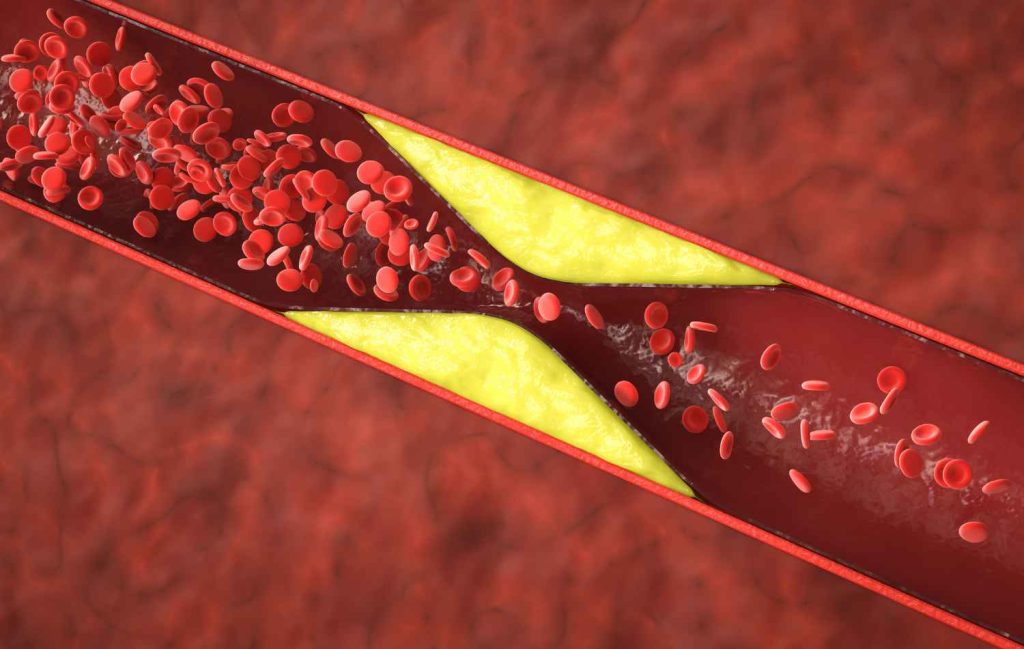
What Is the Role of Medinol in the Field of Cardiovascular Interventions?
Medinol has been a pioneering force in the realm of cardiovascular interventions since its establishment in 1992 by Dr. Judith Richter and Dr. Jacob (Kobi) Richter. With a steadfast dedication to improving the quality of life for patients suffering from vascular diseases, Medinol has positioned itself as a leader in the development, manufacture, and marketing of advanced medical implants. At the heart of its innovation lies the NIR stent, a groundbreaking solution that has revolutionized interventional cardiology with its unique blend of flexibility and strong scaffolding. This innovation not only underscores Medinol's commitment to excellence but also its role in pushing the boundaries of medical science to better support the recovery and health of vascular patients worldwide. Through its in-house activities encompassing research, development, and clinical trials, Medinol continues to contribute significantly to the advancement of cardiovascular interventions.
What Makes Medinol's NIR Stent a Revolutionary Development?
Nir stent, developed by Medinol also on the Internet platform https://medinol.com / Represents a monumental leap in the field of interventional cardiology. This stent was introduced in 1996 and differentiates itself from its predecessors in that it offers unparalleled flexibility when combined with strong scaffolds. This unique combination allows stent paper to adapt to the complex anatomies of longer lesions, making it a versatile solution for a wide range of vascular conditions.
What sets the NIR stent apart is not just its design but the impact it has had on patient care. By enabling treatment of more complex and longer lesions, it has significantly broadened the patient base eligible for stent implantation, reducing the need for more invasive and riskier surgical interventions. This innovation has been backed by extensive research and clinical trials, involving more than 5,000 patients, to validate its efficacy and safety.
Moreover, the NIR stent is a testament to Medinol's commitment to pushing the frontiers of medical technology. Its development was driven by a deep understanding of patient needs and a dedication to improving outcomes, making it a truly revolutionary development in the quest to treat cardiovascular diseases more effectively.
How Have Clinical Trials Demonstrated the Efficacy of Medinol Stents?
Clinical trials have been instrumental in showcasing the efficacy of Medinol stents, particularly the NIR stent, in improving patient outcomes. Over the years, more than 25 clinical trials involving over 5,000 patients have rigorously tested the performance of these stents in a variety of vascular conditions. These trials have consistently demonstrated that Medinol stents offer significant benefits in terms of patient recovery rates and overall cardiovascular health.
One of the key findings from these trials is the high success rate of stent implantations, which is indicative of the NIR stent's adaptability to complex anatomies and lesion types. Additionally, patients receiving Medinol stents have shown lower rates of complications, such as restenosis (re-narrowing of the artery), which is a common issue with other stent types. This reduction in complications translates to improved long-term outcomes and a decrease in the need for repeat interventions.
Furthermore, the clinical trials have highlighted the NIR stent's role in enhancing the effectiveness of drug-eluting technologies. By providing a stable and flexible scaffold, these stents ensure optimal delivery of medication to the affected artery, further preventing the recurrence of blockages. The comprehensive data collected from these trials unequivocally supports the superior performance and safety profile of Medinol stents, underscoring their efficacy in cardiovascular intervention.
Why Are Medinol Stents Considered Preferable to Surgical Interventions?
Medinol stents, particularly the NIR stent, have emerged as a preferable alternative to surgical interventions for several compelling reasons. Firstly, the minimally invasive nature of stent implantation means significantly reduced recovery times for patients, allowing them to return to their daily activities much sooner than would be possible following surgery. This less invasive approach also minimizes the risks associated with open-heart surgeries, such as infections and complications from anesthesia.
Moreover, the precision and adaptability of Medinol stents to various artery sizes and lesion complexities ensure targeted treatment, enhancing the overall efficacy of the intervention. The stents' design, which balances flexibility with strength, provides a durable solution that maintains arterial flow and reduces the likelihood of re-narrowing, a common issue that might necessitate further surgical procedures.
Lastly, the ongoing innovation and rigorous clinical testing backing Medinol stents have continuously proven their reliability and safety, making them a trusted choice among cardiologists. This confidence, combined with the tangible benefits to patient health and recovery, positions Medinol stents as a superior option to more traditional surgical interventions in treating vascular diseases.
What Does the Future Hold for Medinol Stents and Vascular Patient Recovery?
The future of Medinol stents, particularly the NIR stent, and their role in vascular patient recovery is highly promising. As Medinol continues to pioneer innovations in stent technology, the potential for even more effective and patient-friendly solutions is vast. The company's commitment to research and development, coupled with its history of groundbreaking advancements, suggests that future iterations of Medinol stents will offer enhanced flexibility, durability, and drug-eluting capabilities.
Moreover, the integration of cutting-edge materials and biotechnology could lead to stents that are even more biocompatible, reducing the risk of rejection and further improving recovery outcomes. Advancements in imaging and diagnostic technologies also promise to enhance the precision of stent placements, ensuring optimal results for an even broader range of vascular conditions.
In addition, the growing body of clinical evidence supporting the efficacy and safety of Medinol stents will likely expand their use in diverse patient populations. This, coupled with the ongoing global shift towards minimally invasive procedures, positions Medinol stents at the forefront of cardiovascular care. Ultimately, the future holds a vision of more personalized, efficient, and less invasive treatment options for vascular patients, with Medinol stents playing a pivotal role in realizing this vision.